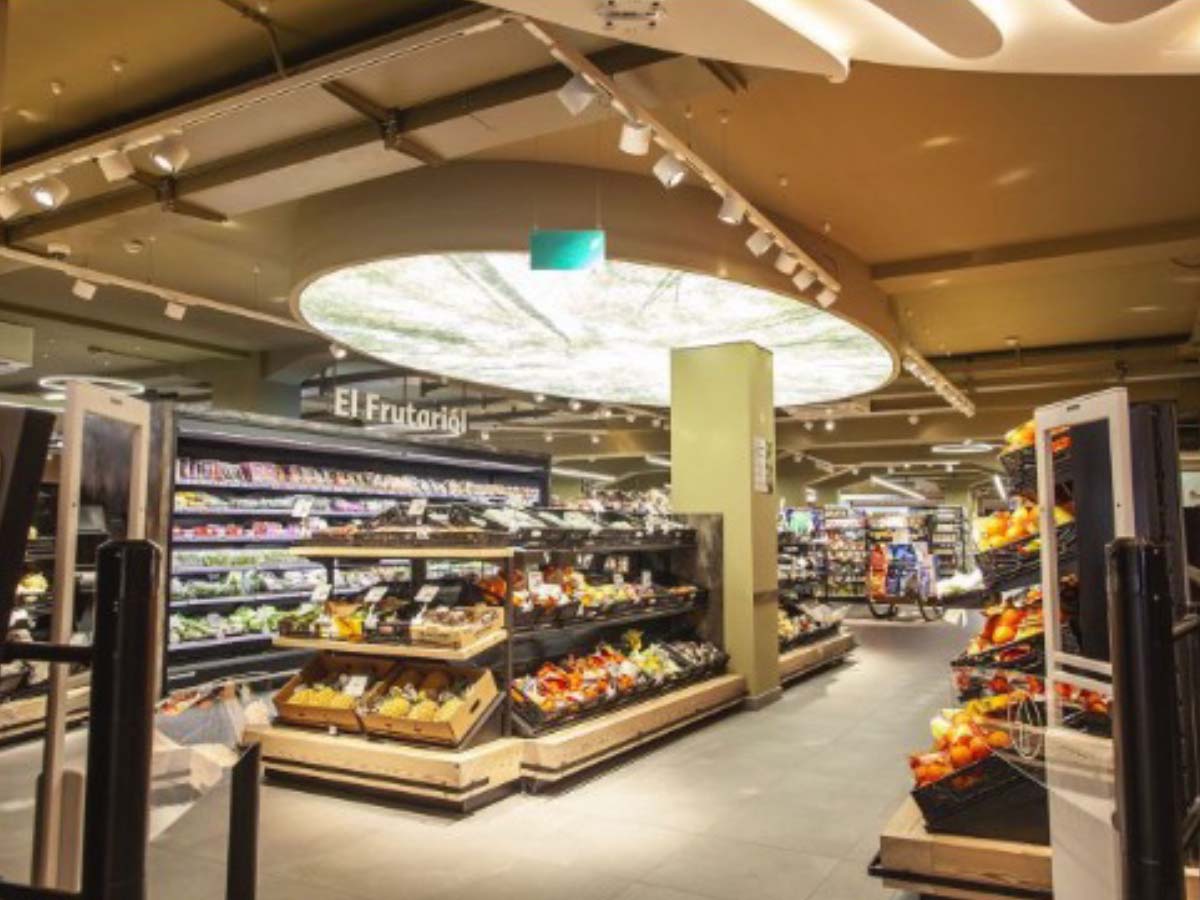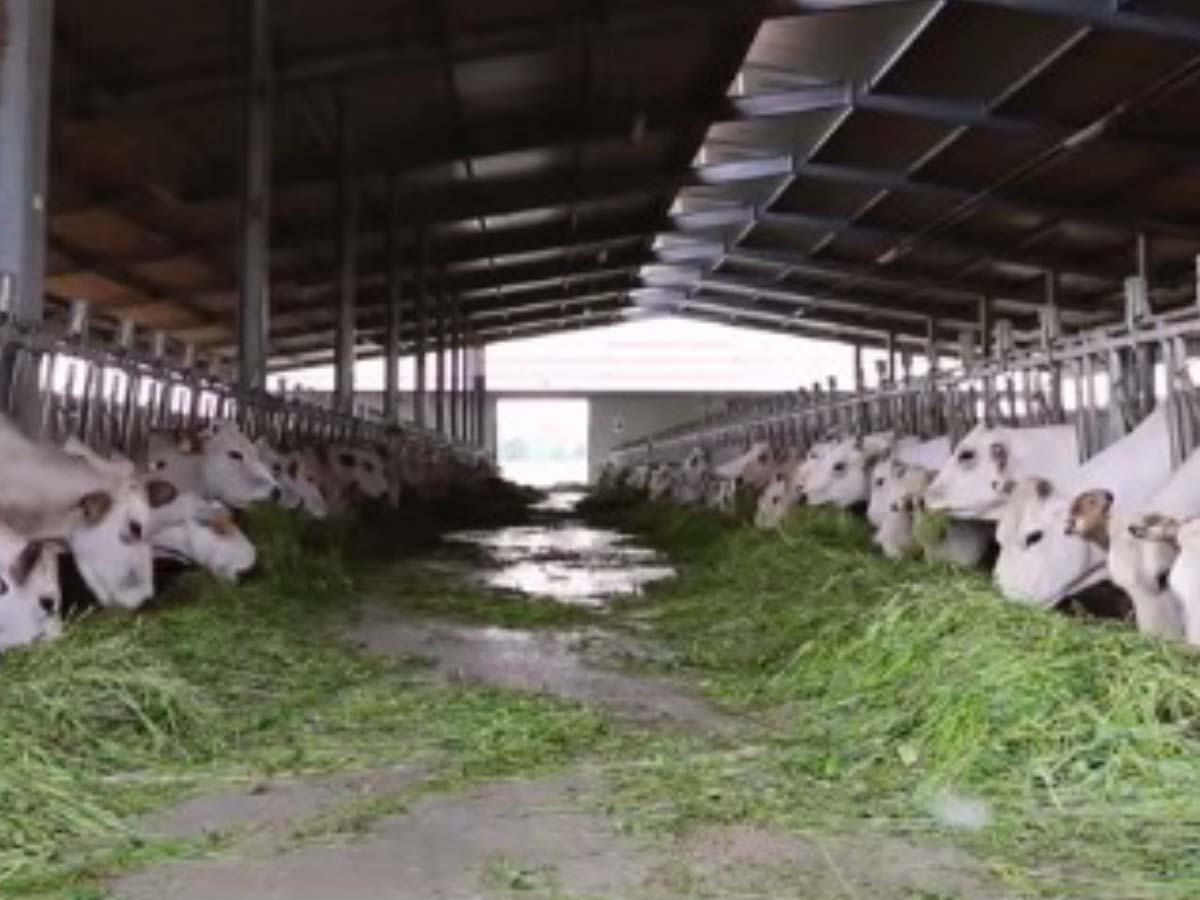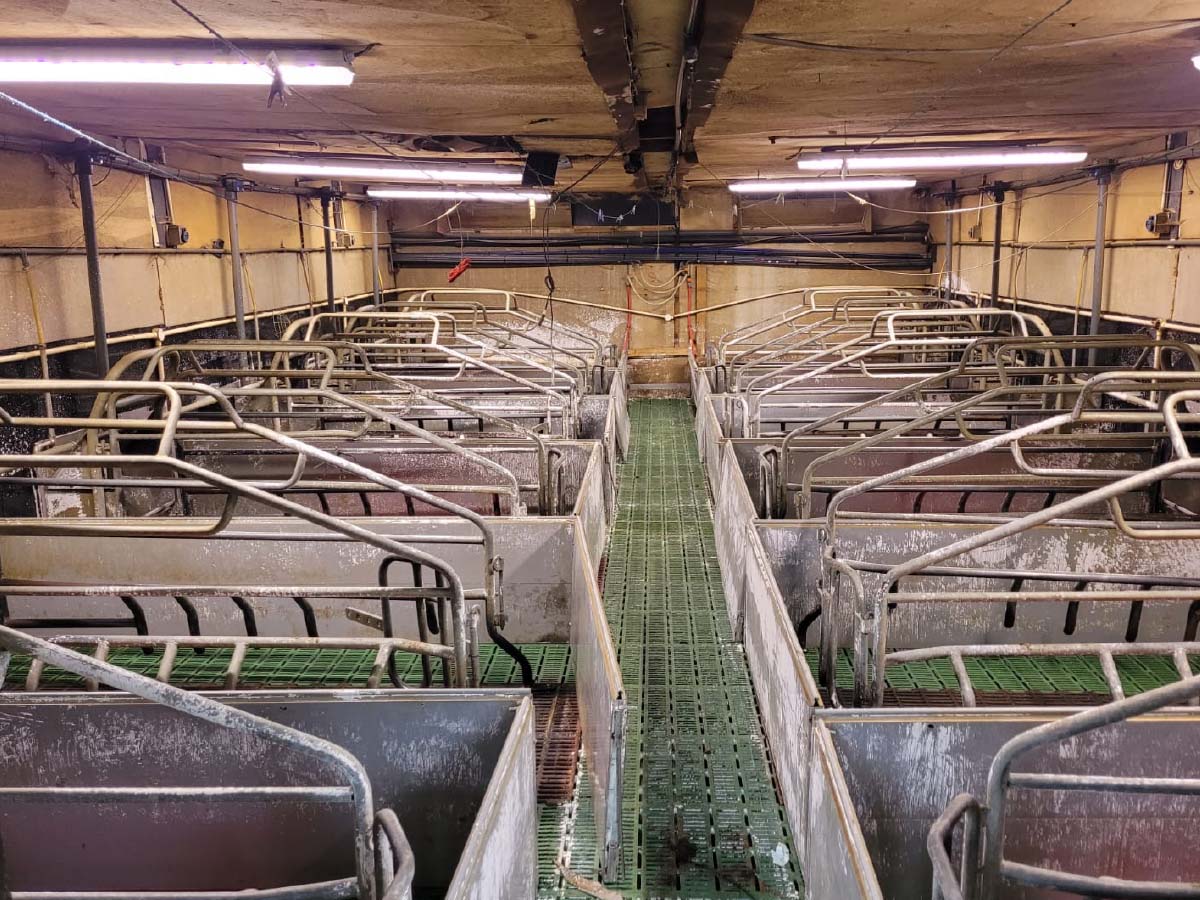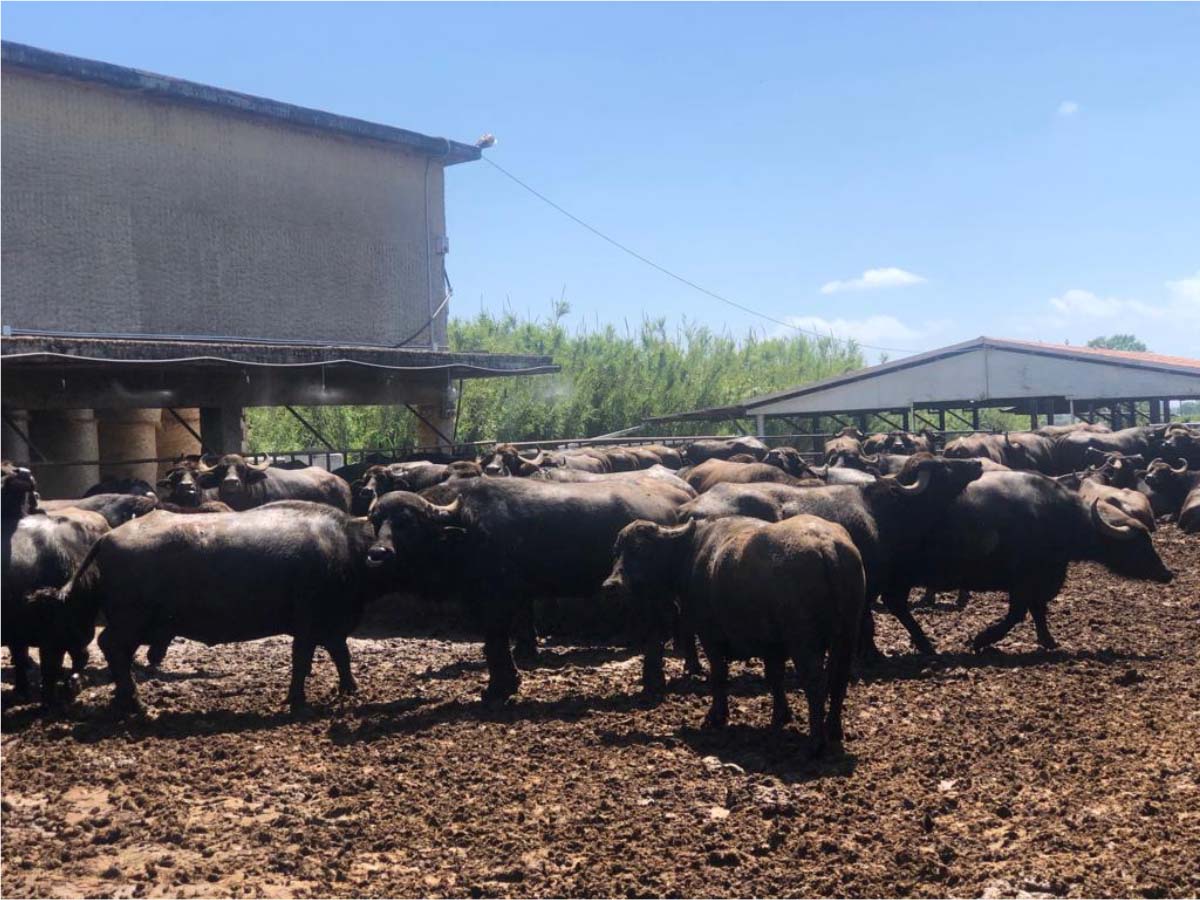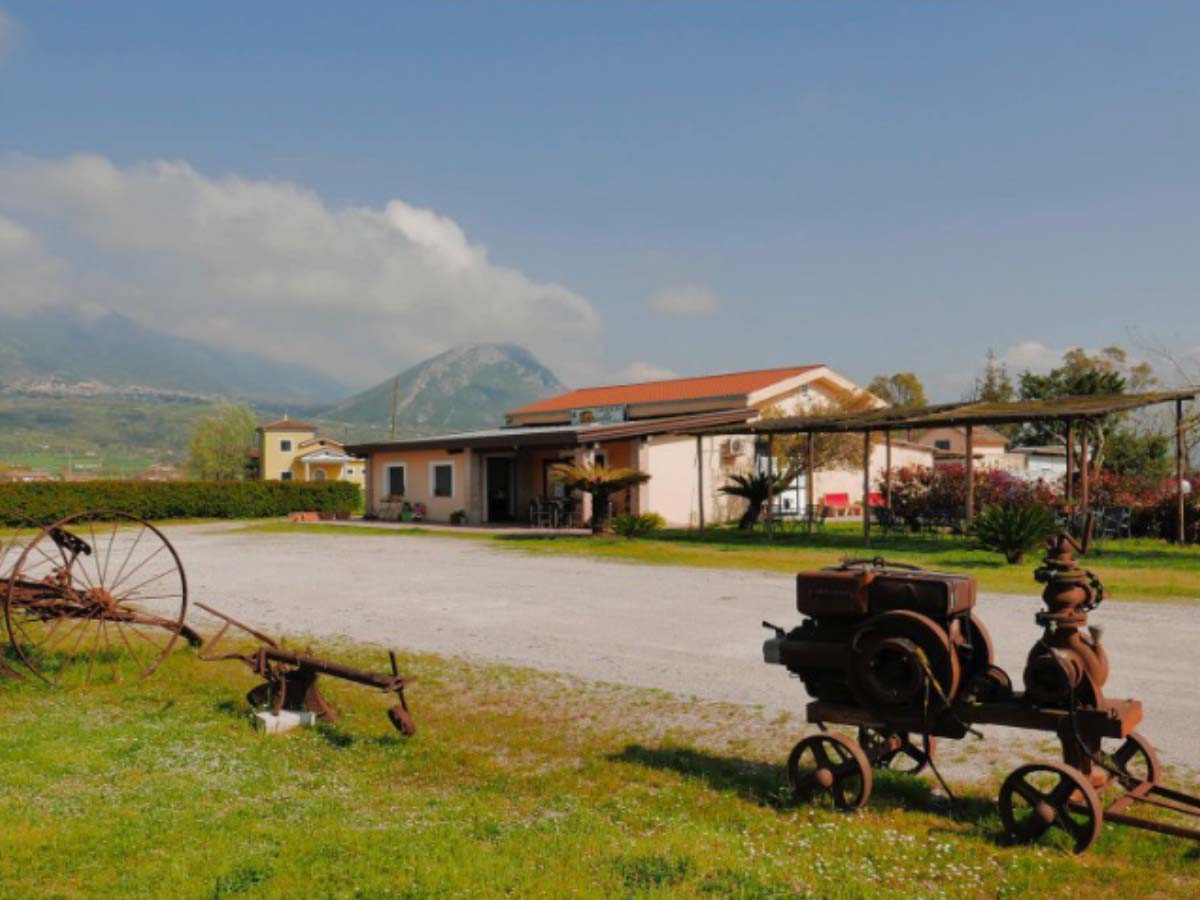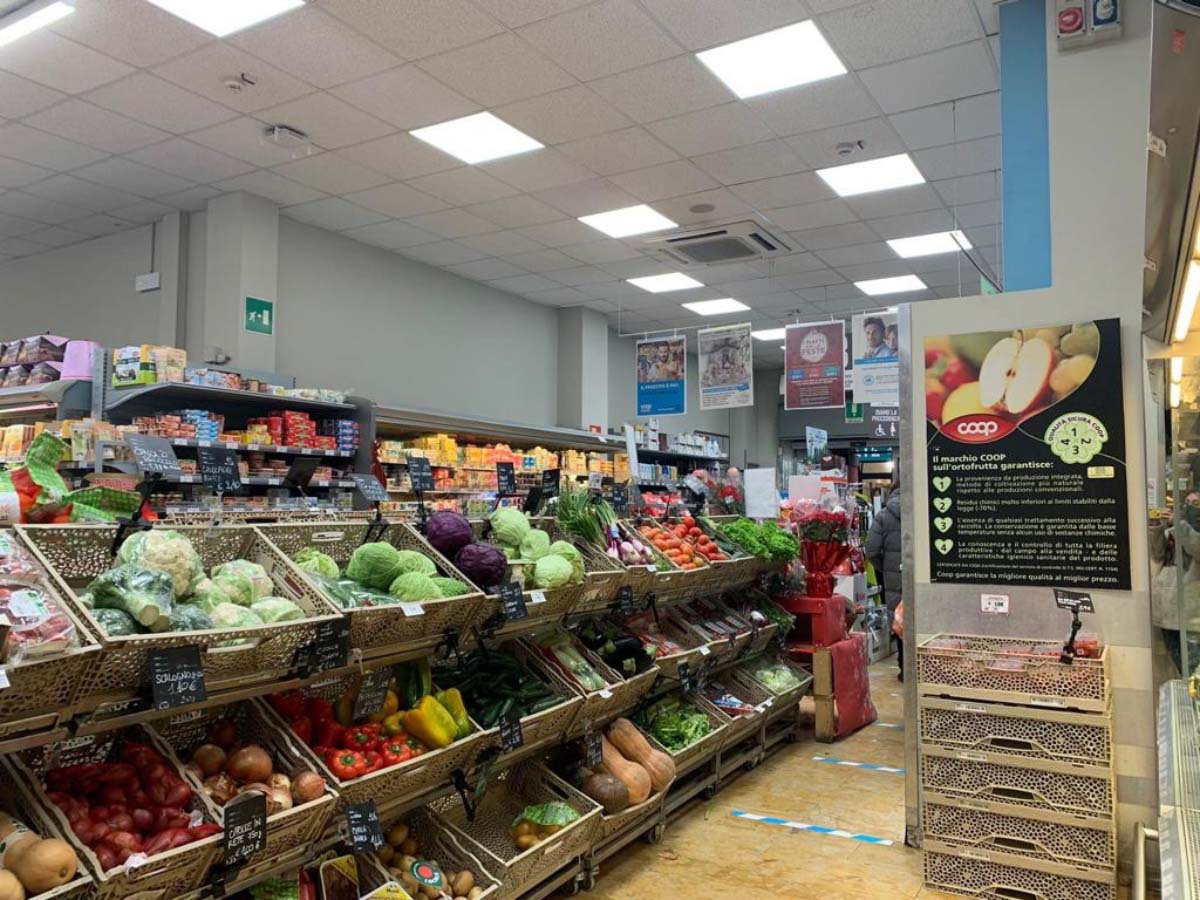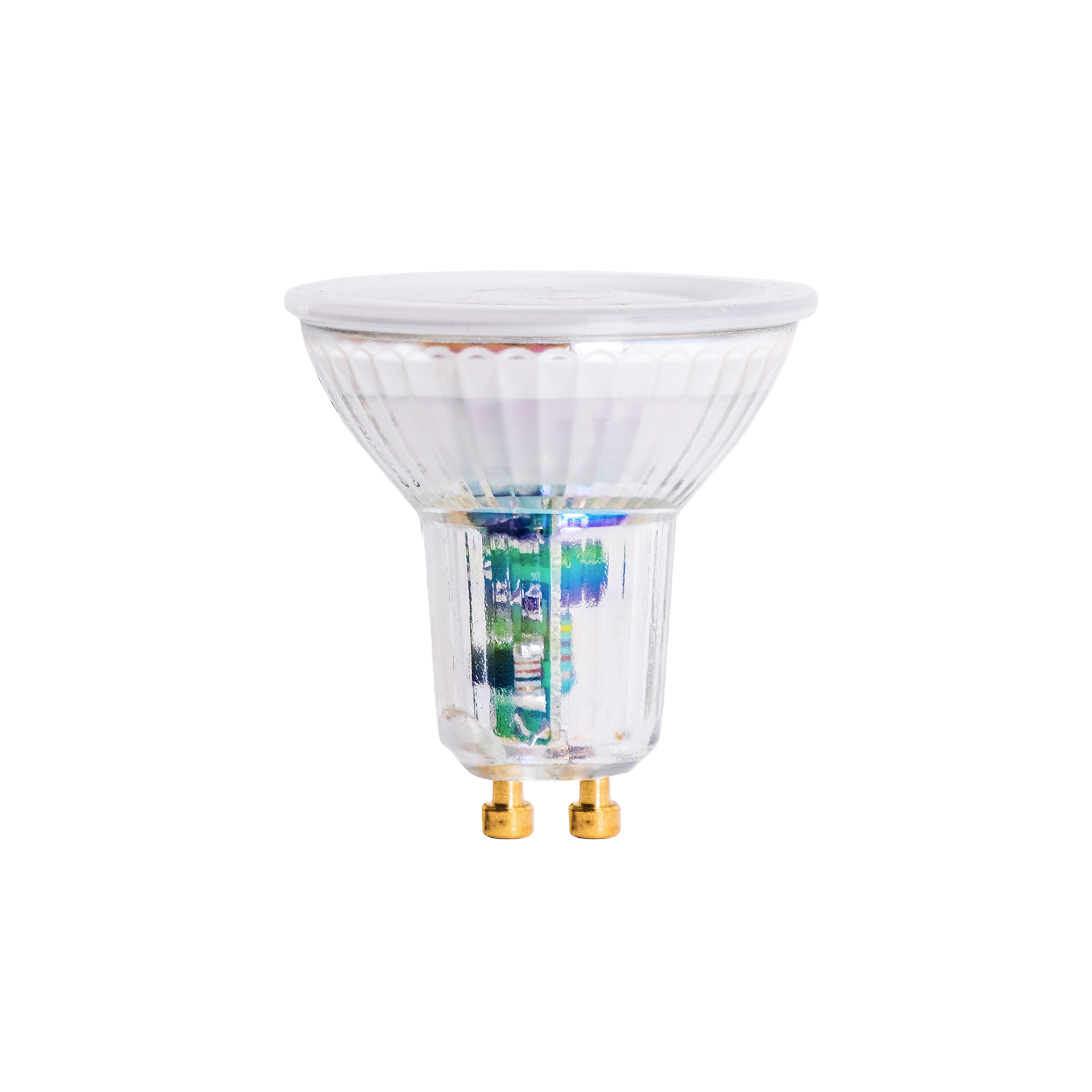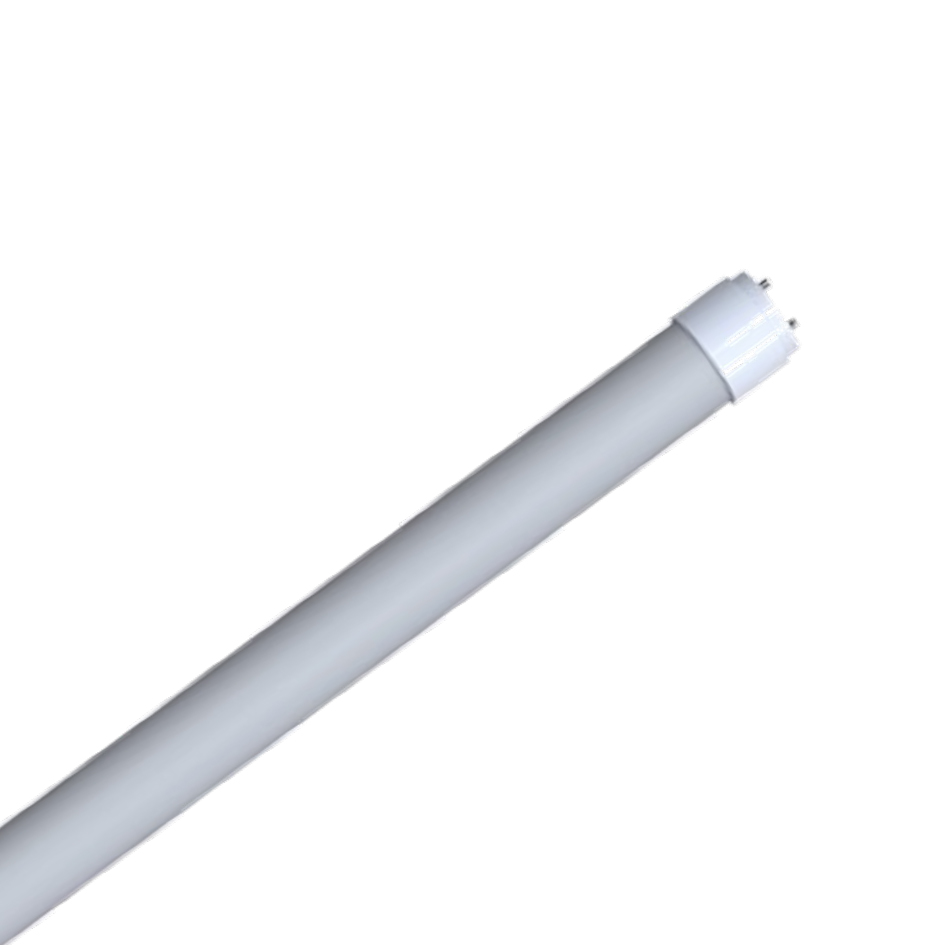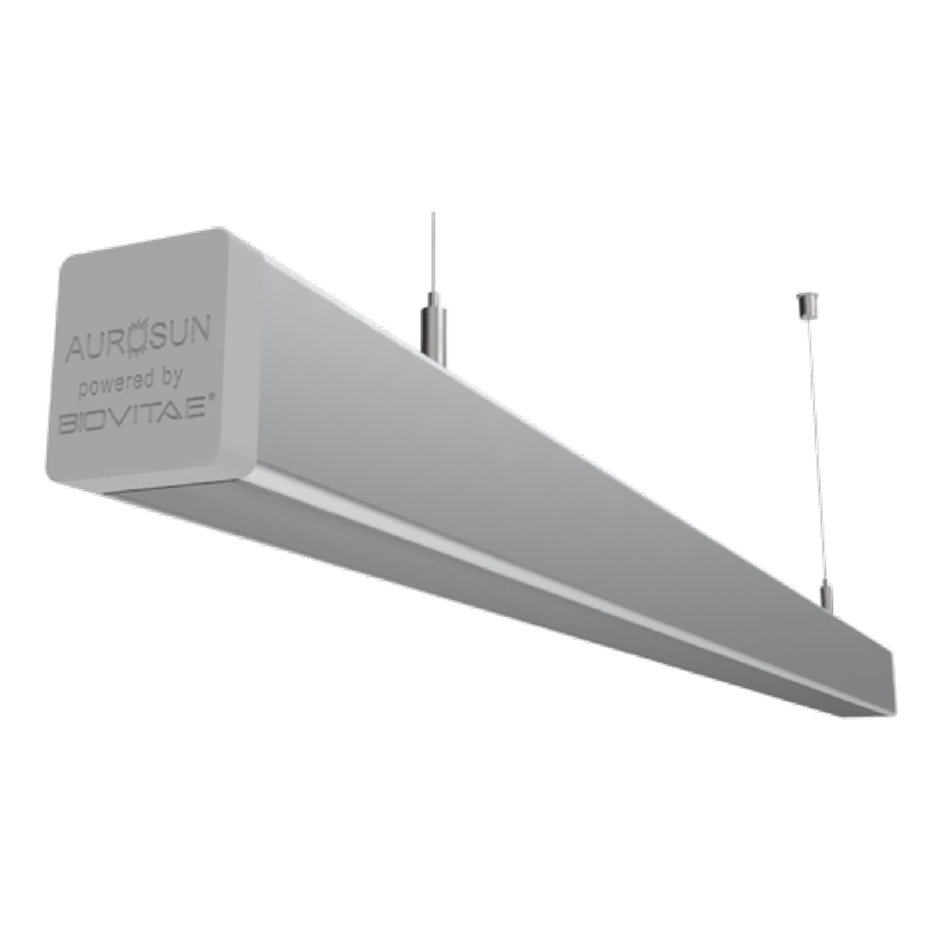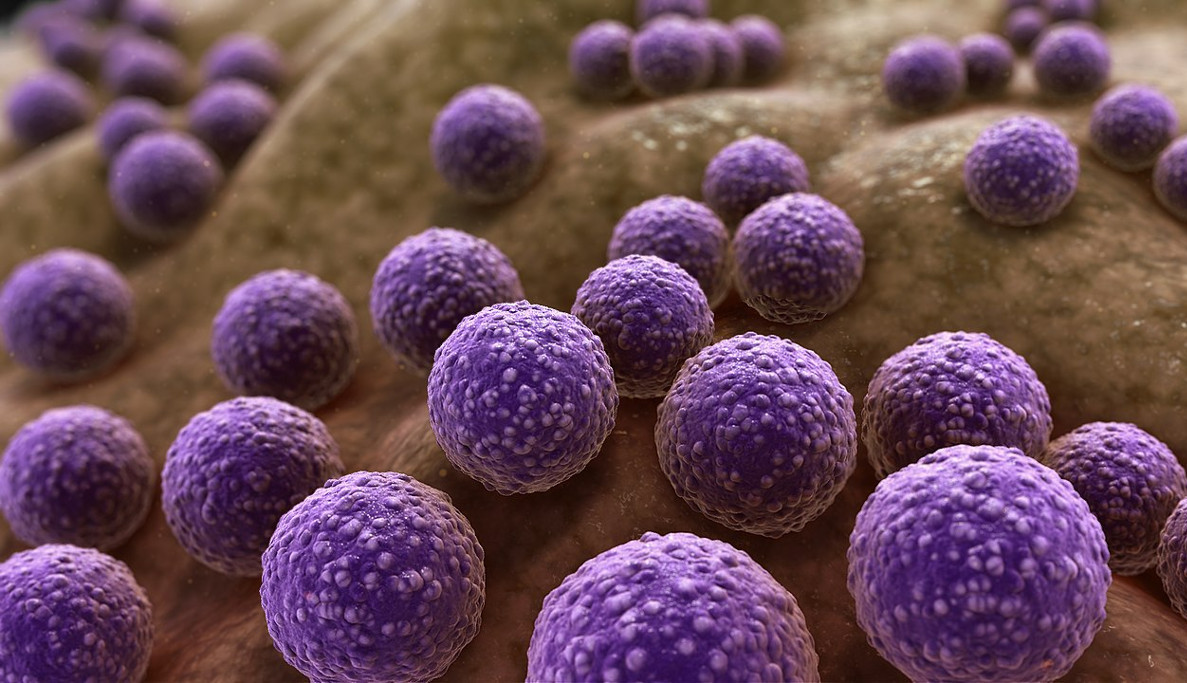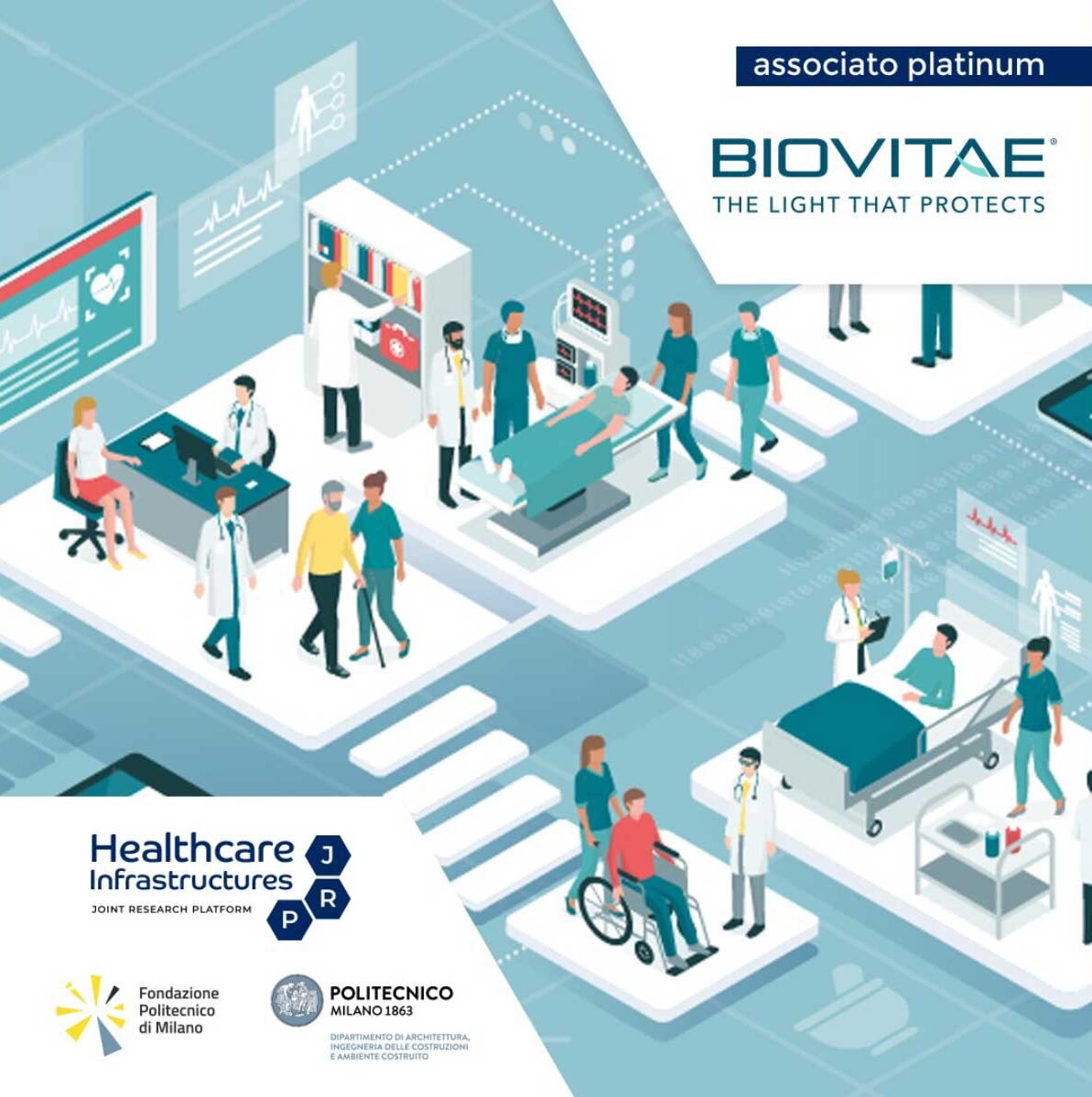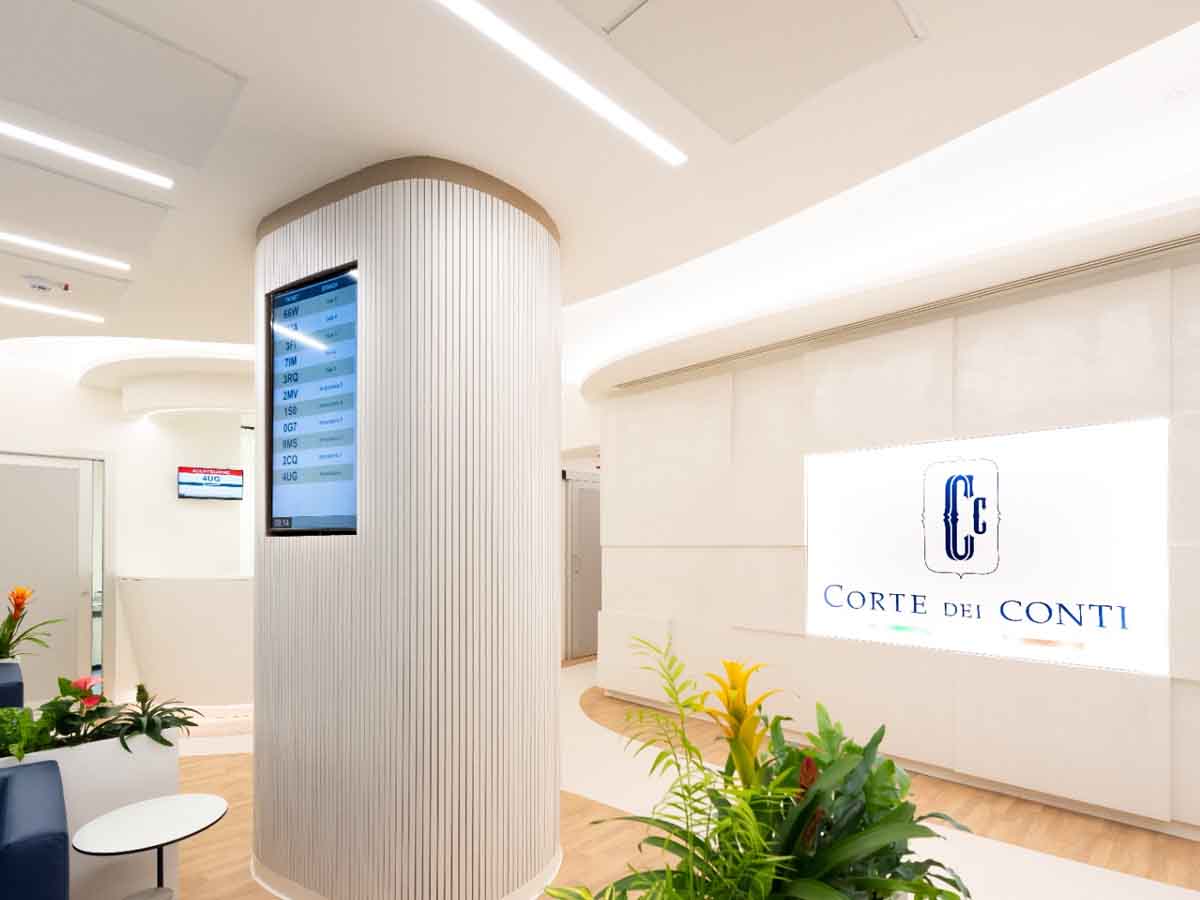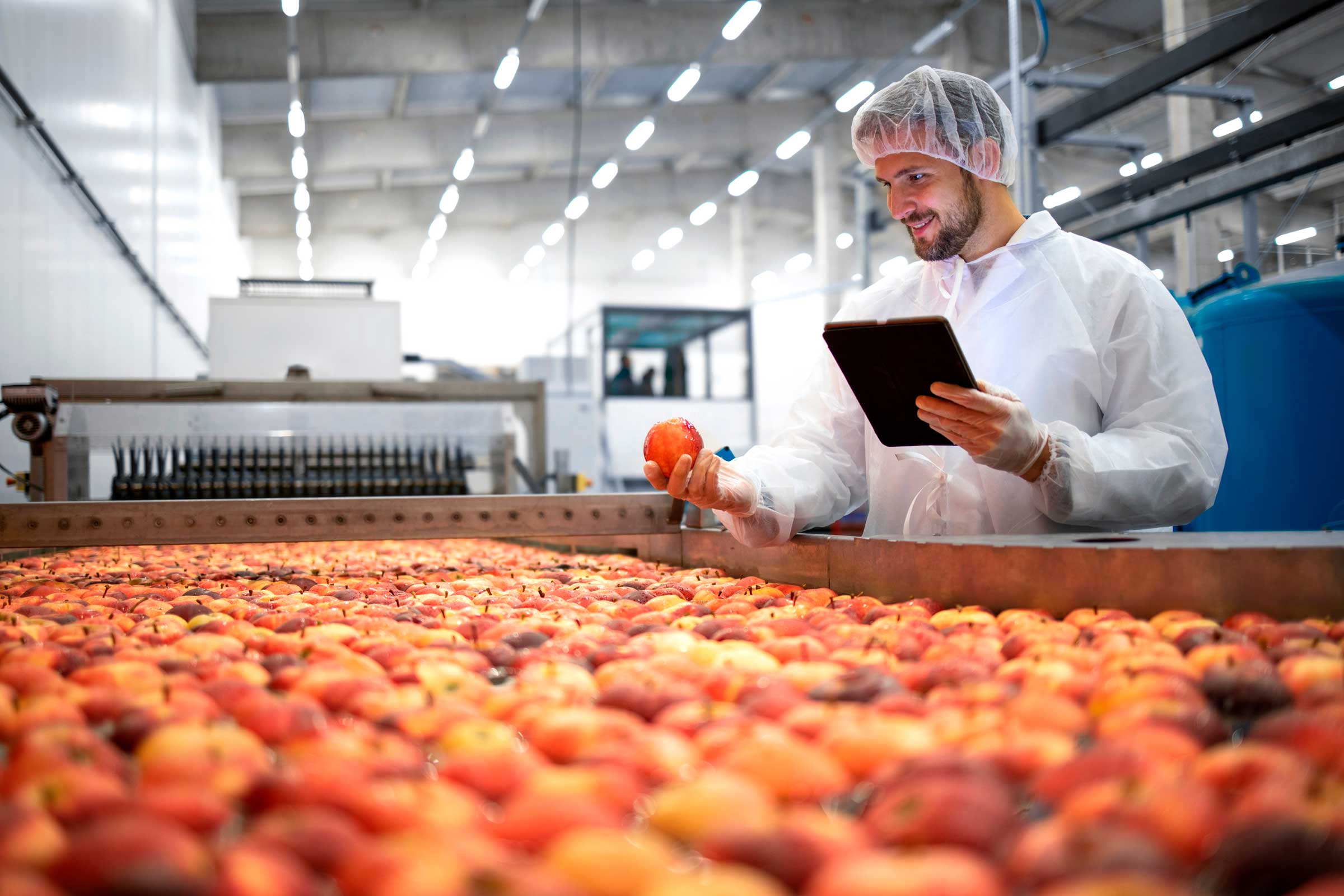
Sanitisation in food processing facilities: why it is necessary
Protecting the health of consumers, animals and the environment is the great mission of companies operating in the food sector. It is a question of sustainability and food safety that never before has been so vital for the well-being of all living things.
What to do
The first big step is to optimise the sanitisation processes within food facilities: proper sanitisation effectively prevents contamination of food by harmful microorganisms such as bacteria, viruses and fungi.
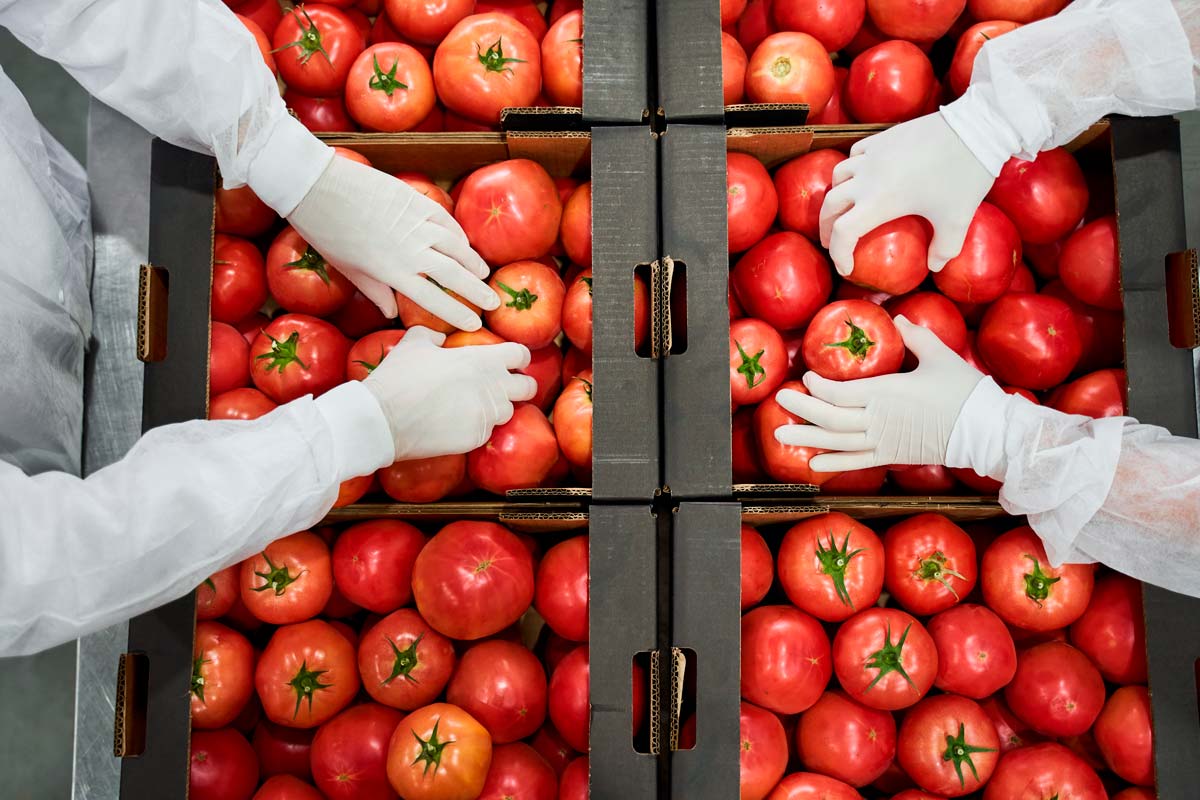
The sanitisation of intensive livestock farms
Due to difficult hygienic conditions, intensive livestock farms are places where bacteria and viruses proliferate and cause diseases among animals that can be transmitted to humans (so-called zoonoses). These diseases include a large and heterogeneous group of infections that can be bacterial, viral, parasitic, or caused by unconventional agents. Furthermore, the generalised and systematic use of antibiotics in intensive livestock farming is making a decisive contribution to the phenomenon of antibiotic resistance: in Italy, around 70% of antibiotics sold (including those for human consumption) are intended for animals and antibiotic molecules are thus also taken up by humans through meat consumption.
Biovitae in intensive livestock farms effectively and continuously sanitises environments and prevents the development of infections among animals. In this way, it helps to reduce the use of antibiotics on animals and in the animal products consumed every day and helps to rationalise the use of chemicals in sanitising and cleaning processes.
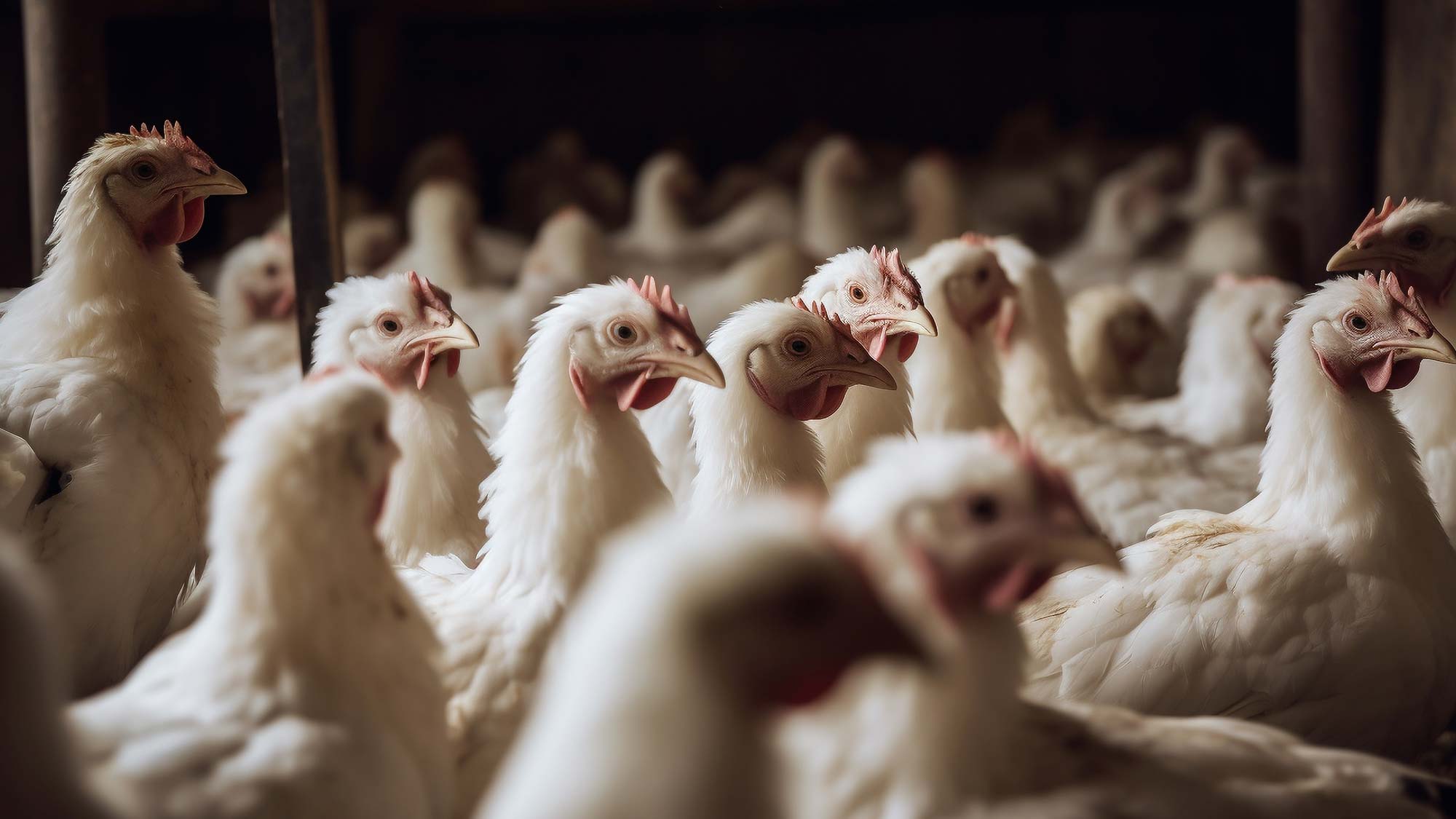
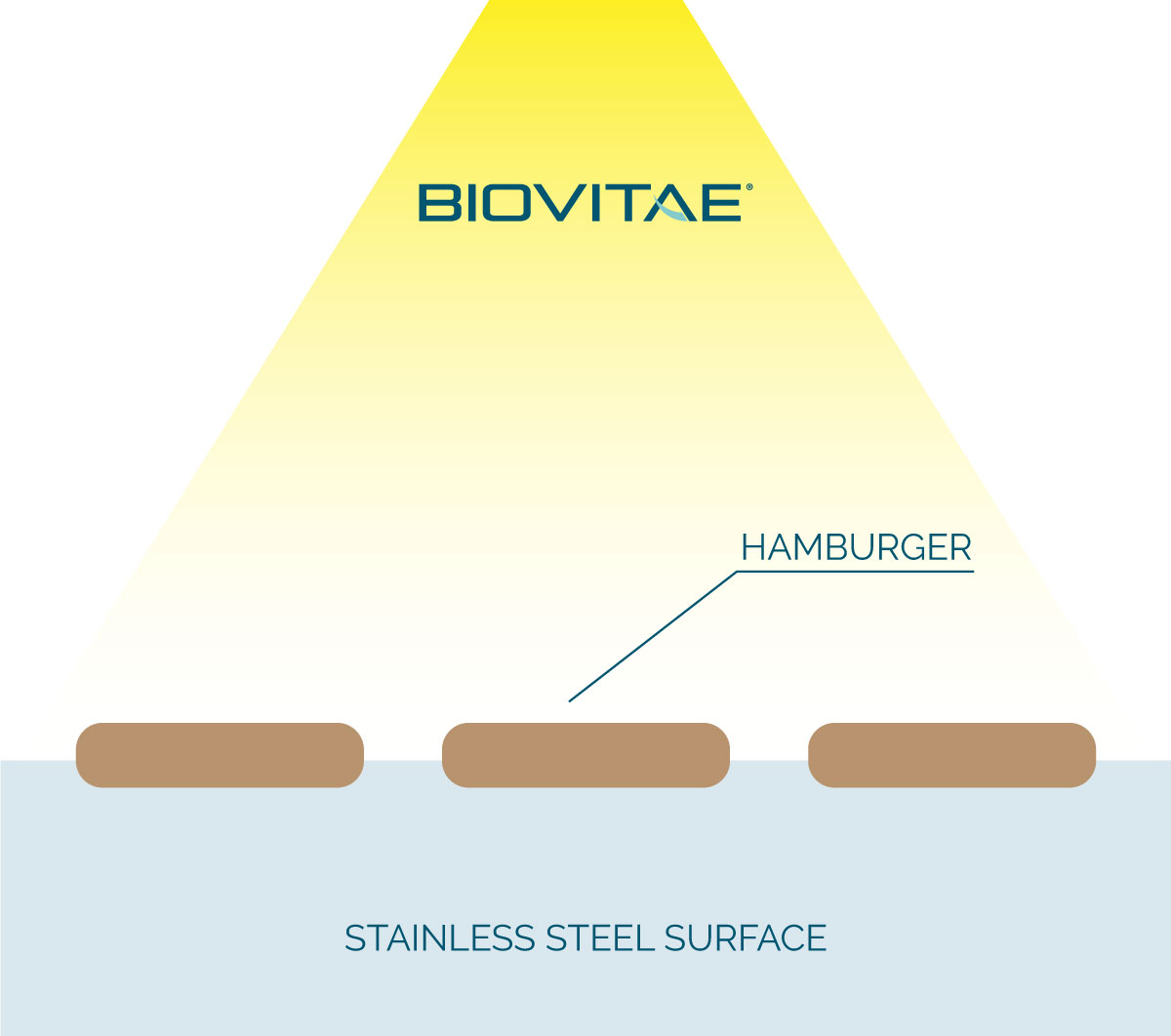
Biovitae and
food shelf-life
Biovitae is able to contain the bacterial load in hamburgers while preserving their organoleptic and food safety characteristics, increasing their shelf-life up to 33 hours after breaking the cold chain. Biovitae is also able to reduce the bacterial load in refrigerators, allowing storage at higher temperatures and reducing the environmental impact due to lower CO2 emissions into the atmosphere.
Tests conducted by the University of Salerno – DIFARMA – Department of Microbiology
Biovitae in the food industry
Discover the products dedicated to the sanitisation of intensive livestock and food industry
News on Biovitae Food
Biovitae has been chosen by the UK Government Agency for
12 April 2024
Come sarà l’ospedale del futuro? È quello che definirà nel
6 April 2023
Lo scorso 12 gennaio 2023 è stato inaugurato a Roma
6 April 2023

